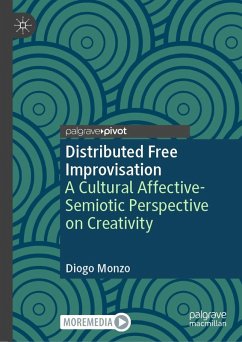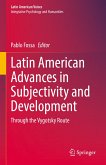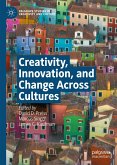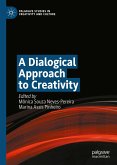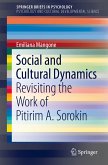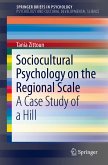New empirical data and literature research on improvisation are used to discuss the historical and sociocultural factors behind collective and collaborative processes. In this context, the Distributed Free Improvisation Model offers a new theoretical and methodological innovation to the study of musical improvisation, which is presented as the result of a musical practice that develops in a community, in sociocultural contexts, through multiple interactions from which the senses and meanings of what is produced emerge. An inspiring read for students, professionals, and researchers in the field of cultural psychology, music improvisation, and creativity studies, this book opens new pathways to the study of creative processes and affective semiosis.
Dieser Download kann aus rechtlichen Gründen nur mit Rechnungsadresse in A, B, BG, CY, CZ, D, DK, EW, E, FIN, F, GR, HR, H, IRL, I, LT, L, LR, M, NL, PL, P, R, S, SLO, SK ausgeliefert werden.

